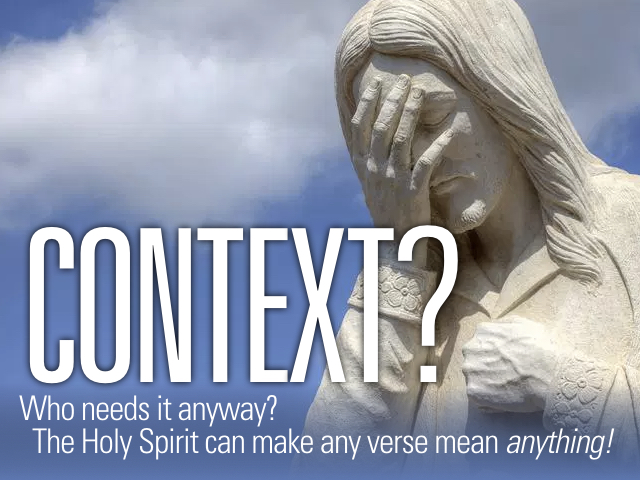
1 Samuel 13.13-14.
Throughout the books of the Old Testament which we call the “Deuteronomistic history”—’cause their author was showing how ancient Israel didn’t follow the book of Deuteronomy, and this is the reason the Israelis were banished from their land—the kings of northern and southern Israel were all compared with the greatest of all their kings, the third king of Israel, David ben Jesse.
True, Solomon ben David had expanded Israel’s borders and influence to their greatest limit, was ridiculously wise and outrageously wealthy, and had built God a really cool gold-covered cedar temple. But none of that matters to the Deuteronomist. David was his absolute favorite. Every king who followed, either “walked in all the way of David his father,” 2Ki 22.2 or “walked in all the sins” of some other forebear, but certainly not David. 1Ki 15.3 David was the paragon of what Israeli kings oughta be, and if you wanted to be a true “son of David,” you’d be just like David.
But wait: Didn’t David murder one of his loyal soldiers in order to steal his woman? Well yeah, he did do that. The Deuteronomist faithfully recorded the story in 2 Samuel 11. David was also a seriously lousy father; Amnon was a rapist, Adonijah an insurrectionist, and Absalom was both. The character flaws David exhibited would completely disqualify him from Christian leadership—which just goes to show you what an abysmally low bar there was for good kings. Not for nothing did we Americans decide to do away with monarchy. Power corrupts, y’know.
Still, the Deuteronomist loved him some David, and plenty of Christians are big fans too. More than one of my pastors, growing up, did entire sermon series on David. Multiple times! Regularly pointing out that, seriously flawed human being or not, David was bananas for the LORD, and loved him like crazy. David is, they loved to point out, “a man after God’s own heart.” As should we be.
They’re not wrong! But here’s why I decided to write a Context article about the phrase, “man after God’s own heart”: What they mean by that phrase, and what the scriptures mean by that phrase, are two wholly different things. And whenever Christians preach about being a person “after God’s own heart,” they’re not preaching the biblical meaning. They’re preaching their own idea.
Their idea, which we see all over the place in popular Christian culture, looks like this bit from Albert Barnes’ 1834 book Notes on the New Testament: Necessary and Practical, vol. III, Acts of the Apostles, which you can nowadays find bundled in a massive one-volume edition called Notes on the Whole Bible.
A man after mine own heart— This expression is found in 1 Samuel 13.14. The connection shows that it means simply a man who would not be rebellious and disobedient as Saul was, but would do the will of God and keep his commandments. This refers, doubtless, rather to the public than to the private character of David; to his character as a king. It means that he would make the will of God the great rule and law of his reign, in contradistinction from Saul, who, as a king, had disobeyed God. At the same time it is true that the prevailing character of David, as a pious, humble, devoted man, was that he was a man after God's own heart, and was beloved by him as a holy man. He had faults; he committed sin; but who is free from it? He was guilty of great offenses; but he also evinced, in a degree equally eminent, repentance (see Psalm 51); and not less in his private than his public character did he evince those traits which were prevailingly such as accorded with the heart, that is, the earnest desires, of God. Barnes at Acts 13.22
In more contemporary English: David was a devout, humble man who upheld and promoted God’s will. And when he sinned, ’cause David sinned big-time, he repented big-time. He just loved God so, so much.
In fact the way I’ve heard preachers describe him, David is “after God’s own heart” in that David chased after God’s own heart. He wanted to follow God and his will, so so much; just look at all the psalms he wrote about loving God, and calling upon him, and trusting in him; “the Lord is my shepherd” and all that. Seriously, bananas for the LORD.
I mean, doesn’t this sound like what “man after God’s own heart” oughta mean?






